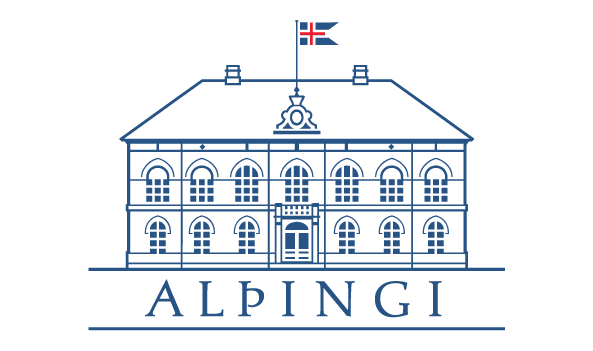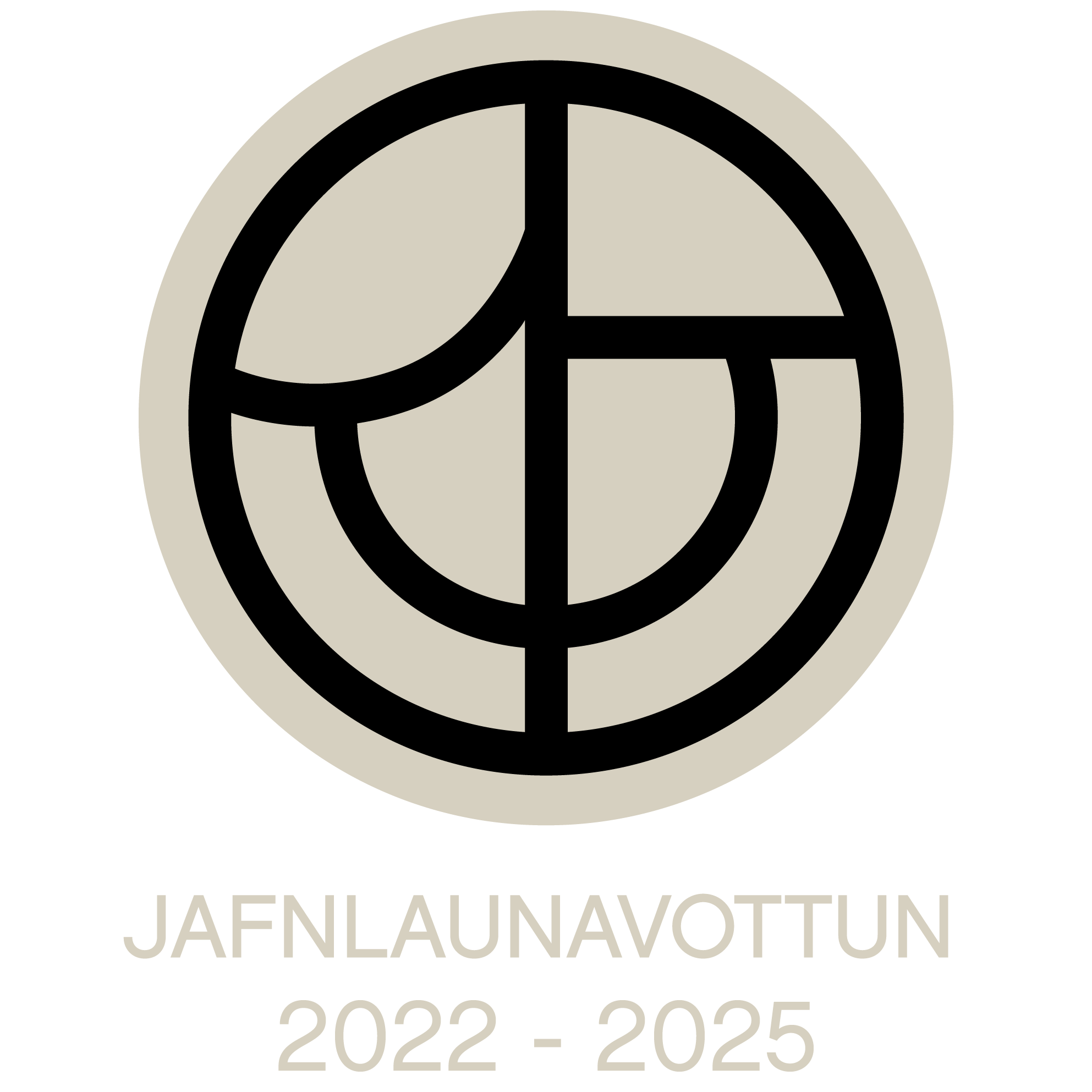Ávarp forseta Alþingis á 6. ráðstefnu kvenþingforseta aðildarríkja Alþjóðaþingmannasambandsins
6th Annual Meeting of Woman Speakers of Parliament, Bern 16-17 July 2010
Address by Mdm. Asta R. Johannesdottir, Speaker of Althingi, the Parliament of Iceland
Honourable President, dear colleagues, ladies and gentlemen.
I believe one of the keys to achieving progress in maternal, child and newborn health is to build political will to strengthen women's participation in politics. The reason is that women are more likely to prioritize this important political subject.
We still have challenging tasks ahead of us, before reaching the internationally agreed target of 30% of women in parliaments by 2015. I agree with the President of the IPU that this goal is probably unrealistic, at lest with current speed of progress.
In Iceland women received the right to vote in parliamentary elections in 1915. It took us however many decades to correct the gender unbalance in politics. The political movement of the "Women's List" in 1983 had a great influence on women's position in Icelandic politics.
Women gradually became more prominent on other political parties lists, when the traditional parties observed the success of the Women's list. This has lead to the result that 43% of MPs in Althingi, the parliament of Iceland, are currently women; placing us number five on list of parliaments of the world with highest female representation.
In Iceland, the leaders of the three branches of the state are currently women; i.e. the Prime Minister, the Speaker of Parliament and the President of the Supreme Court. After last year's elections the presidium of Althingi; i.e. the Speaker and the 6 Deputy Speakers, were all women; elected by the parliament in plenum.
This corrects the statistics of longstanding gender imbalance in Althingi, but the long term goal is of course equal representation of genders in its presidium, standing committees and delegations.
But how can we build political will to strengthen women's participation in politics? One of the methods is a special women's party; as we had in Iceland. Excluding one gender from participation in political movements is a radical one, and perhaps not justifiable in the modern world.
Another method is enlightenment; i.e. educating the young about the importance of gender equality and equal representation in politics. A programme was initiated by the Nordic Council, to give an example, where female politicians "adopted" young female interns interested in politics. This gave young women the opportunity to observe and learn from experienced female politicians.
A third method is gender quotas. This can be a very effective method adjusting gender inequalities in a relatively short period. This method is controversial, as all radical methods are, not only by men but also women. This can be a very effective method, but I only recommend it being implemented temporarily; until society adapts to women's participation in politics.
A fourth method is a system of financial incentives to political parties with higher female representation. This could be called a method of indirect gender quotas; as the political parties are likely to adapt some form of internal gender quotas to obtain higher financial support from the state.
Finally women's success in politics is also very much dependent on external factors. Male dominant and conservative societies are less likely to adjust to the call for more female representation. Voting systems and size of constituencies can also be mentioned as external factors.
Dear colleagues.
I would like to conclude by thanking the organizers of the conference for the opportunity of us meeting here today. It is of great importance for us to be able to meet, exchange ideas, and encourage each other on the path towards gender equality in politics.
Ours is the important task of being role models for young women interested in political careers and ours is the task of ensuring increased female participation in politics.
Last, but not least, we must involve men in the discussion about gender equality and so-called "women issues". It's not enough that we women discuss these matters amongst ourselves. Welfare and gender equality in general is the responsibility of all; men, no less than women.



